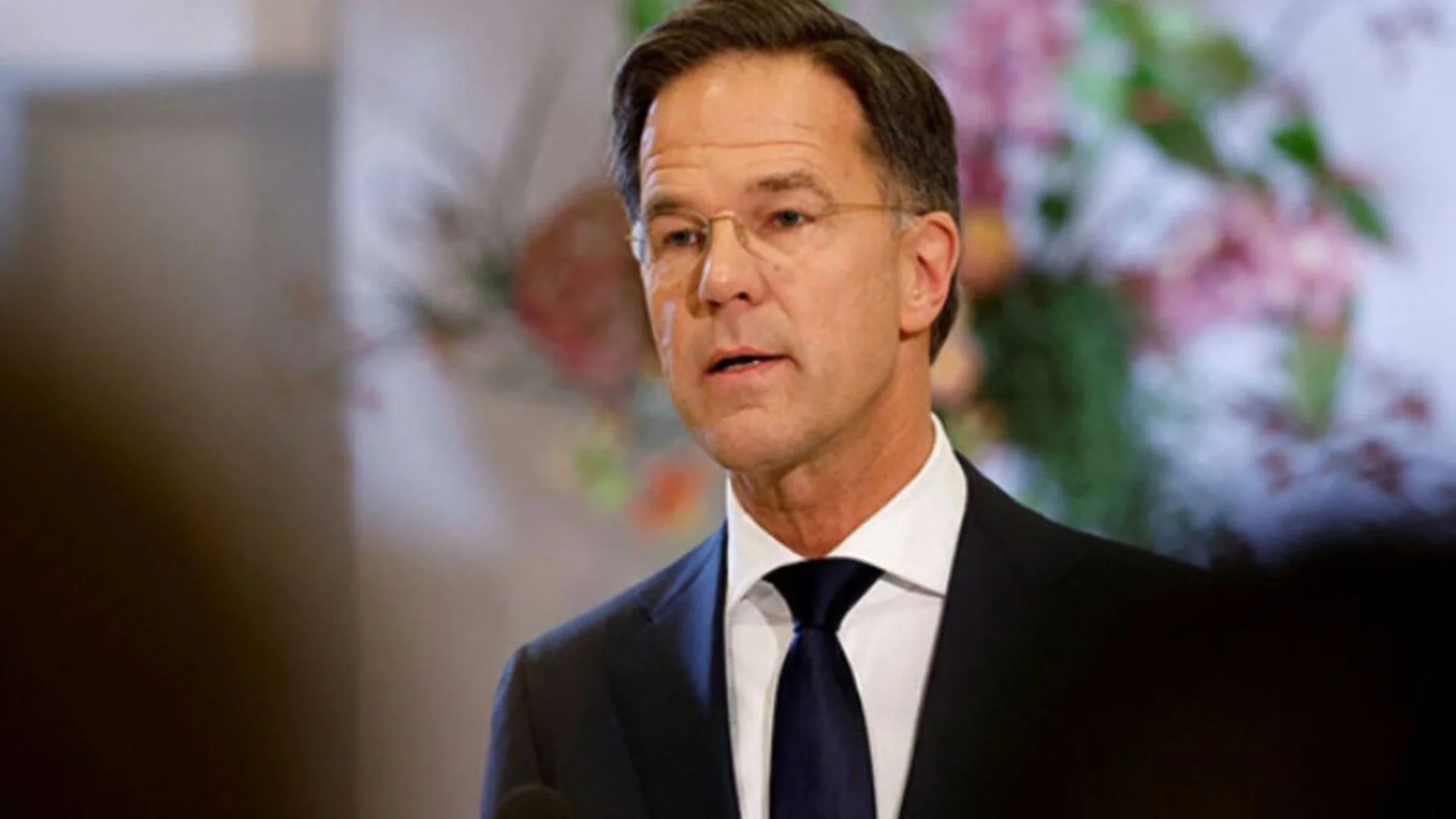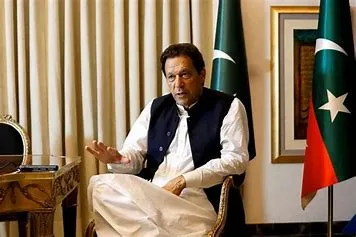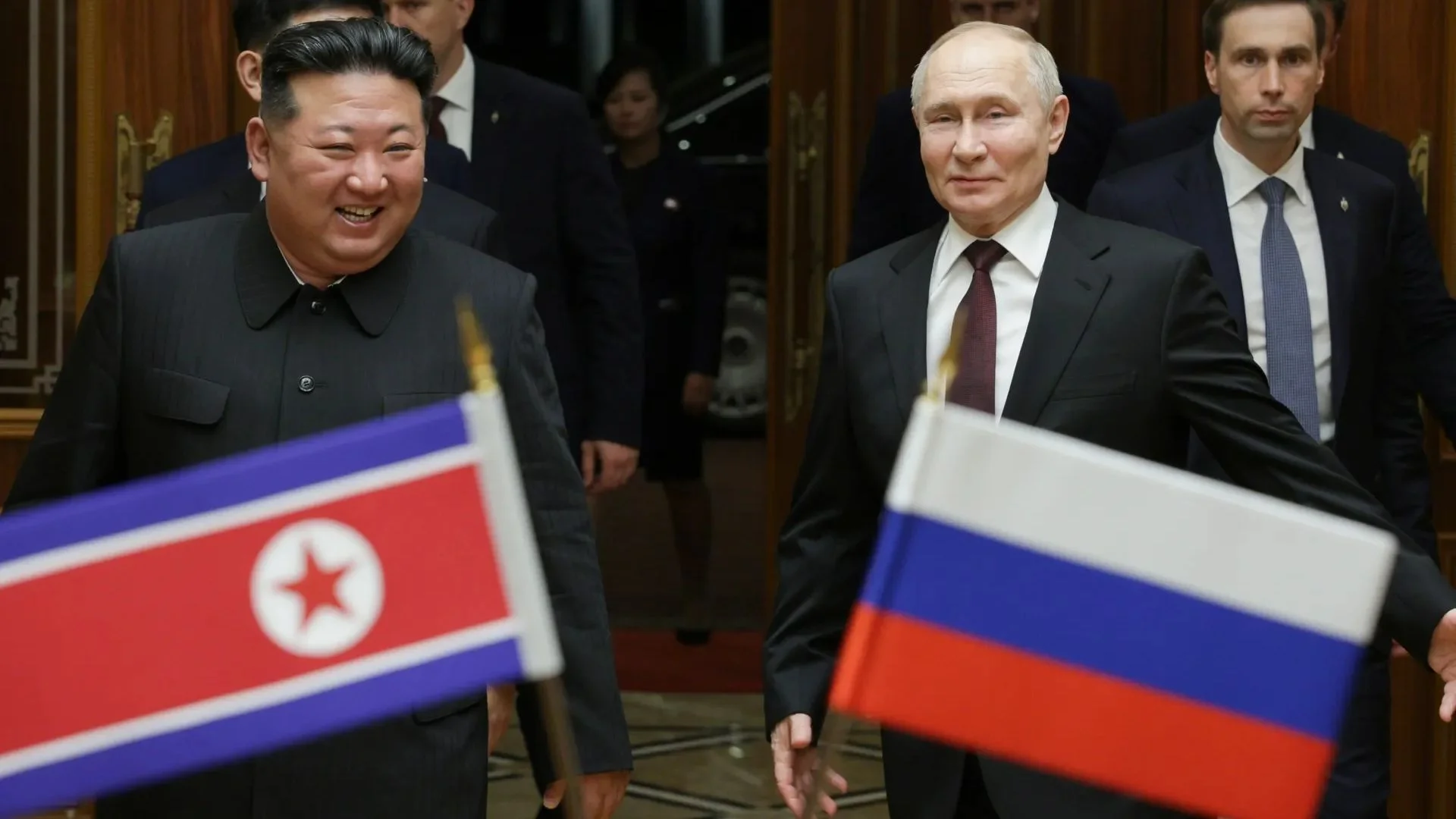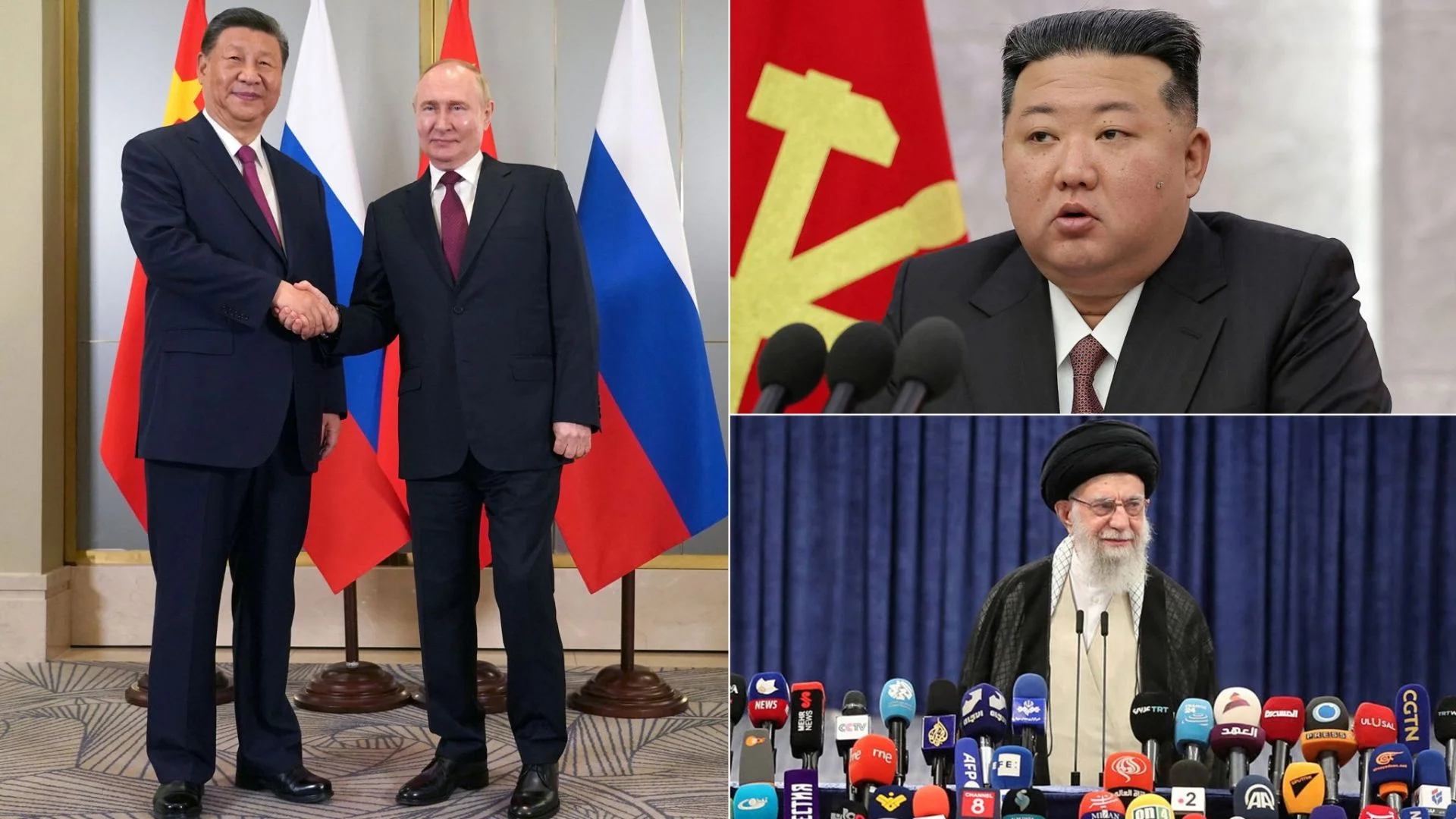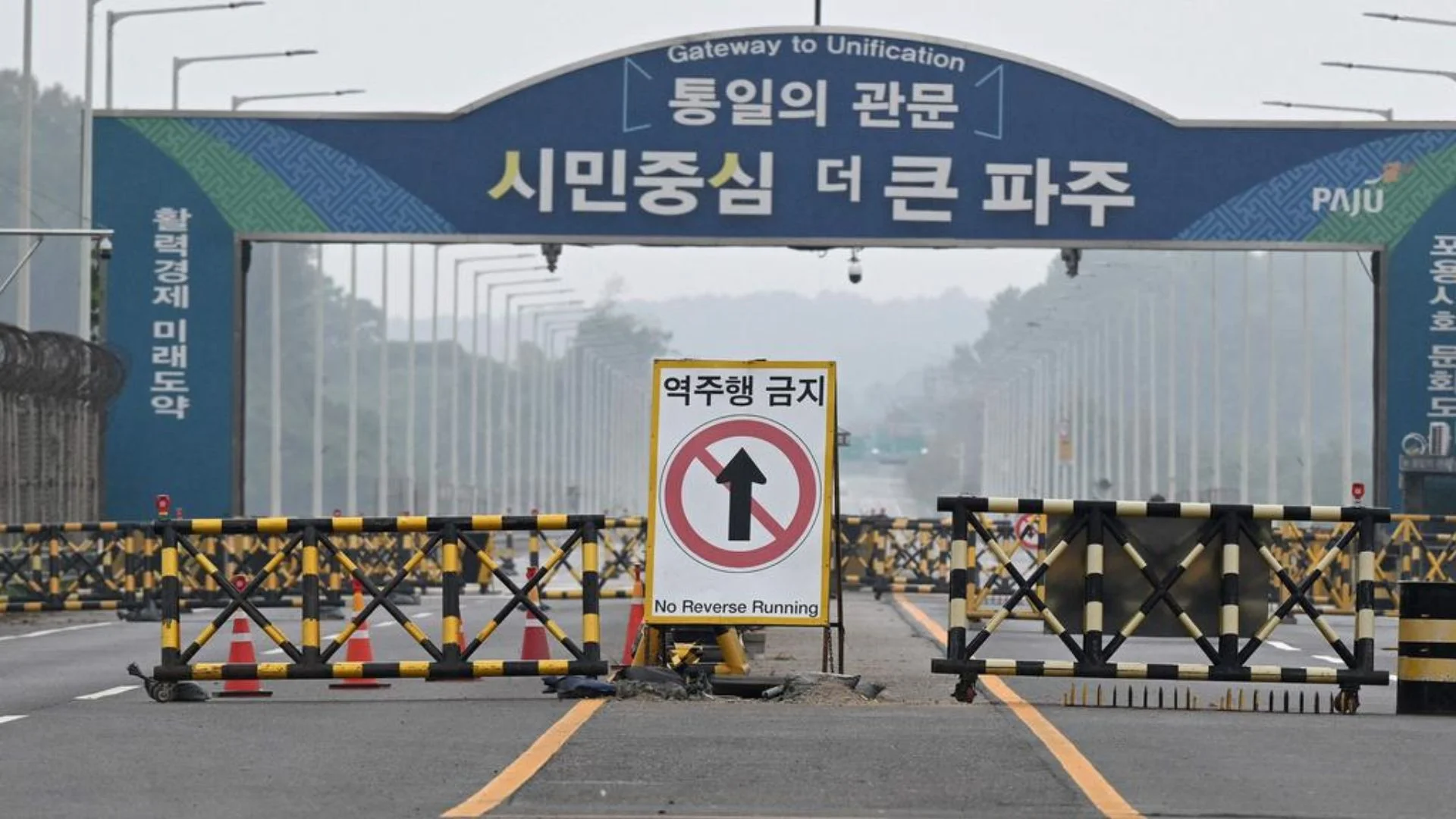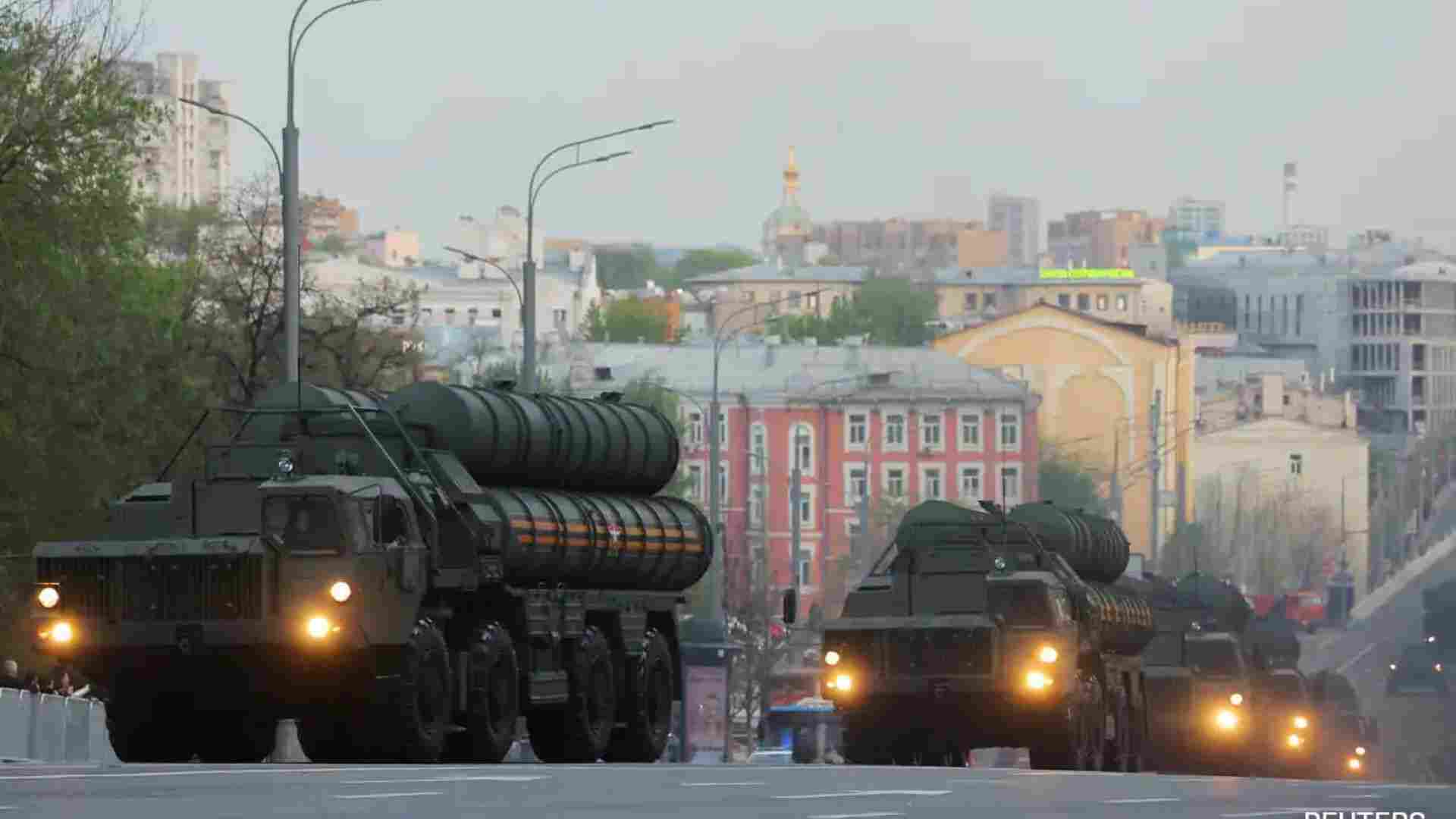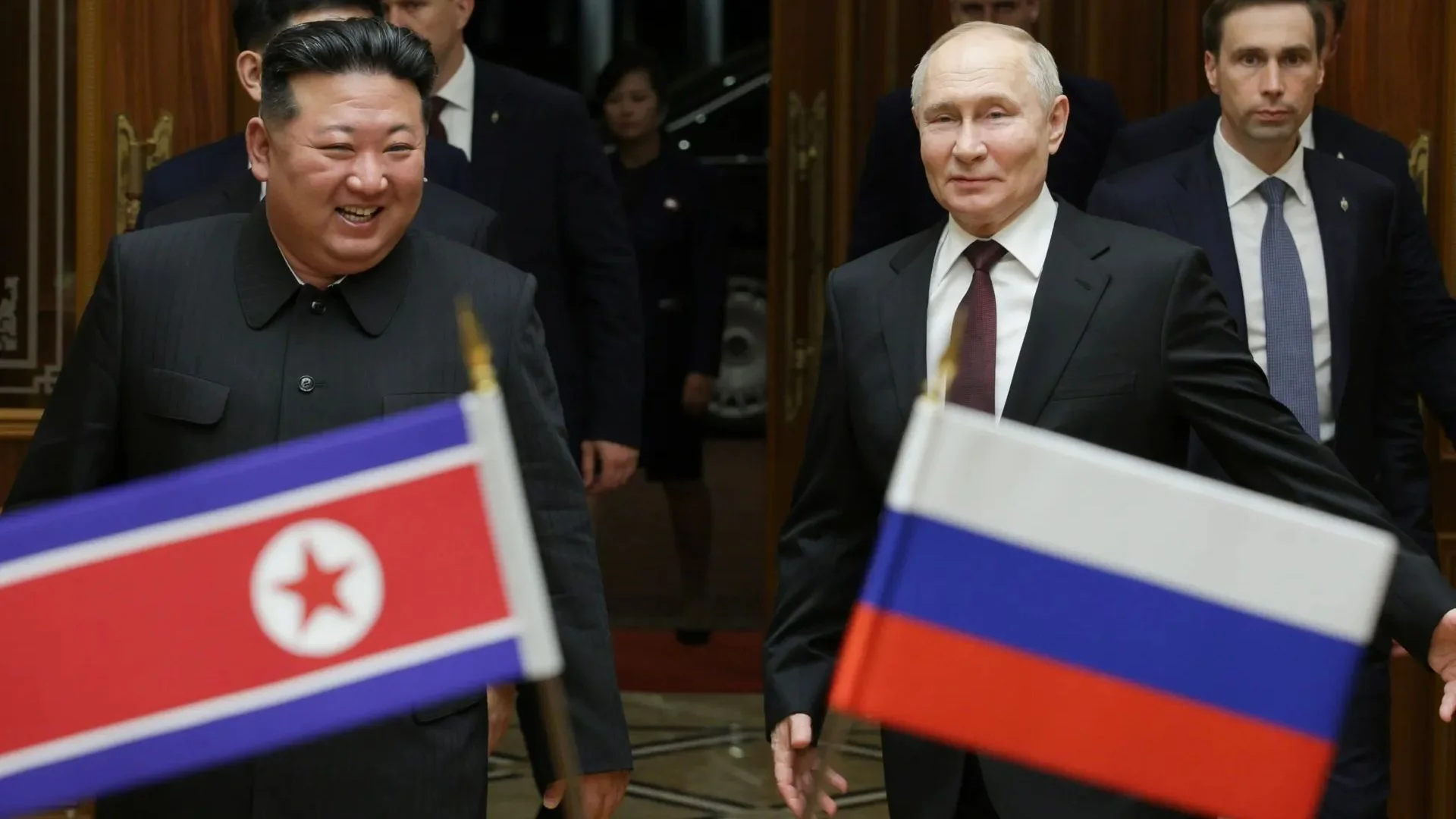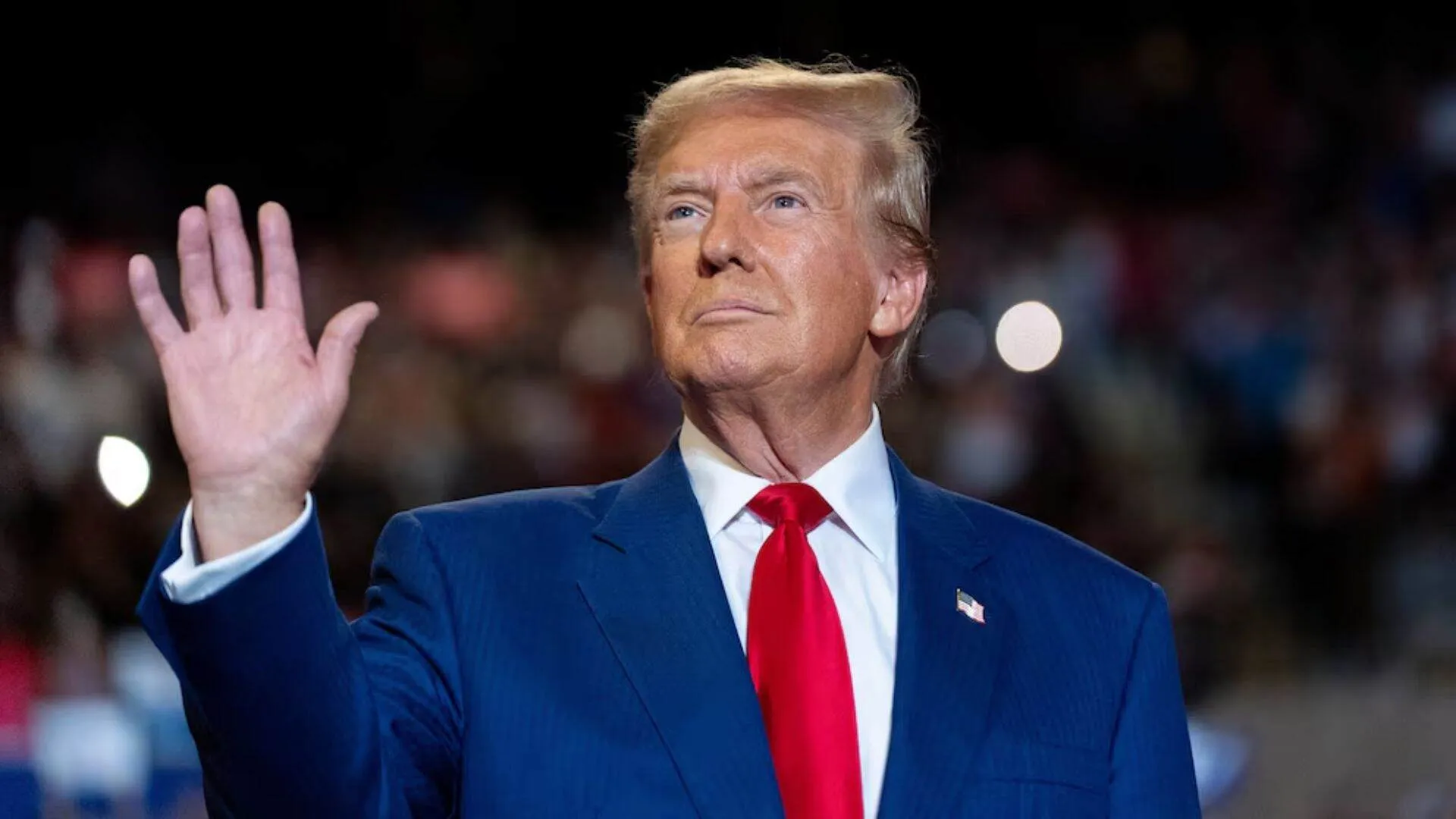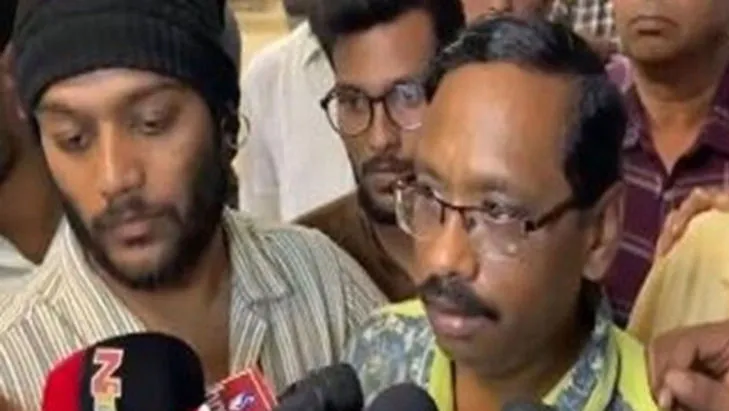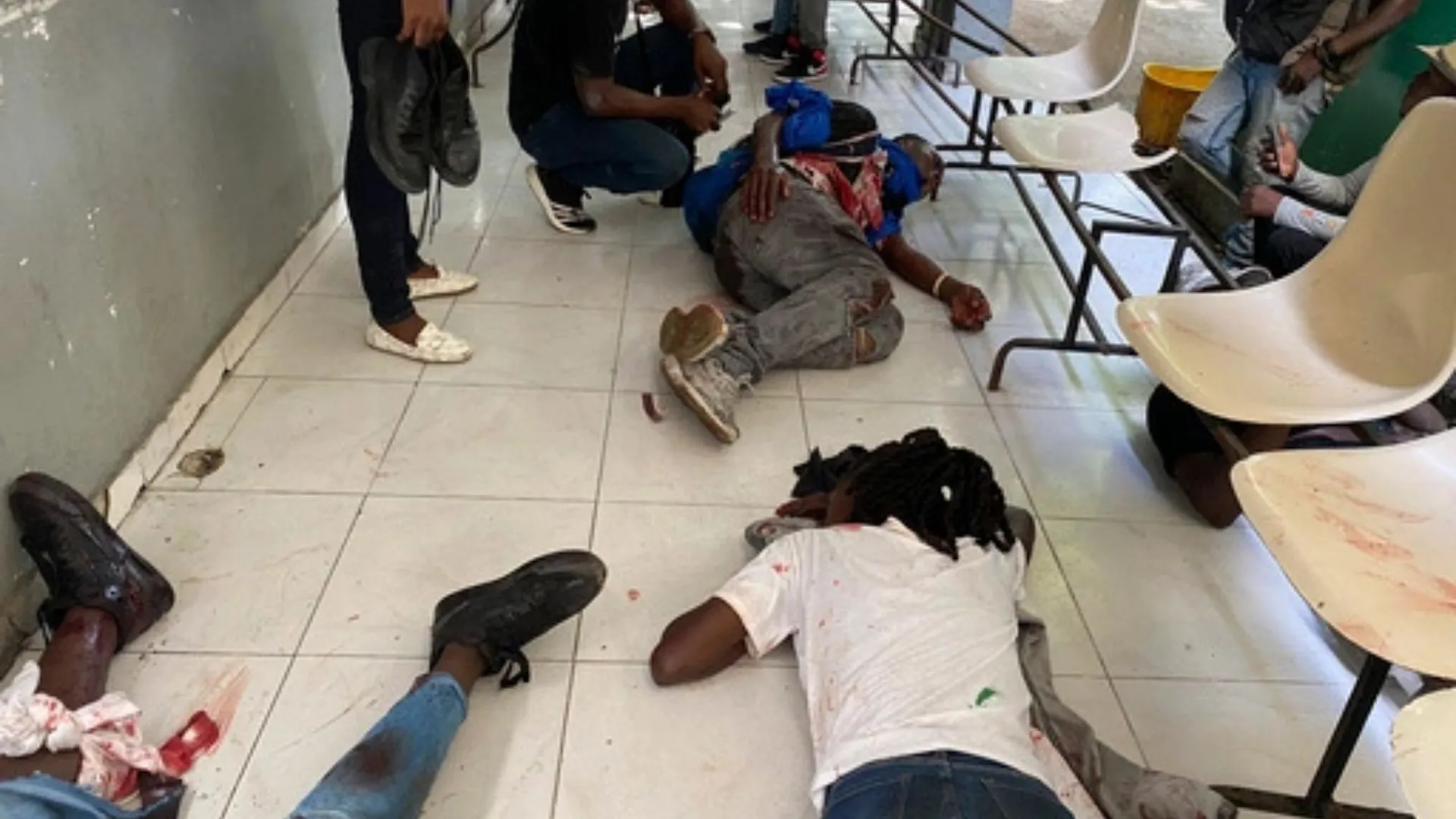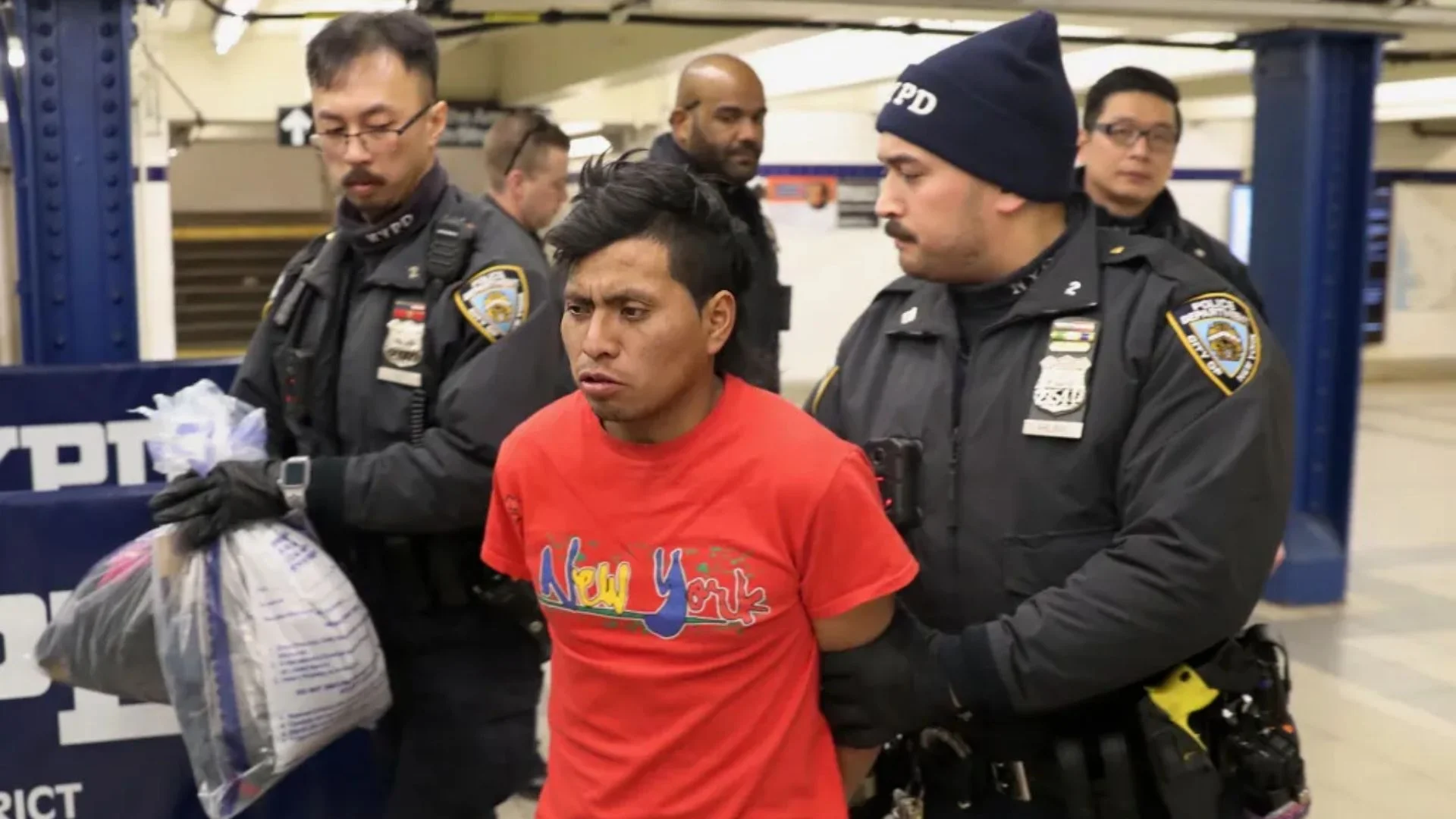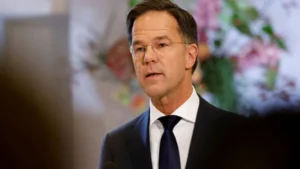Rutte Addresses NATO’s Future
Mark Rutte, NATO’s newly appointed secretary general, expressed unwavering support for Ukraine on Tuesday, reassuring allies about the upcoming US presidential election. Rutte, who took over from Jens Stoltenberg just weeks before the Nov. 5 vote between Democrat Kamala Harris and Republican Donald Trump, stated he could work with either candidate despite Trump’s past criticisms of NATO.
Rutte, a former prime minister of the Netherlands, downplayed concerns within the alliance regarding the electoral outcome. Speaking at NATO headquarters, he noted, “I’m not worried.” He reflected on his previous four years working with Trump, emphasizing the former president’s role in increasing NATO defense spending. Rutte remarked, “He was the one pushing us to spend more (on defense), and he achieved … a much higher spending level than we had when he took office.”
According to NATO estimates, 23 of its 32 member countries are expected to meet the target of spending at least 2% of their GDP on defense this year, a significant increase from just three nations a decade ago. While much of this increase can be attributed to Trump’s influence, officials acknowledge that Russia’s invasion of Ukraine in 2022 has been a primary catalyst for the heightened military spending.
Rutte’s Key Priorities and NATO’s Position on Ukraine
Rutte emphasized the importance of focusing on global security challenges, particularly regarding Russia and China. He reiterated NATO’s assertion that China plays a “decisive role” in enabling Moscow’s war efforts by supplying critical technology to Russia. While he praised Kamala Harris’s “fantastic record” as vice president, he avoided directly commenting on whether Ukraine was winning the war against Russia, acknowledging the difficult battlefield conditions and high casualties among Russian forces.
Rutte stated that NATO’s mission is to ensure Ukraine’s sovereignty and independence, declaring, “We have to make sure that Ukraine prevails as a sovereign, independent, democratic nation.” He laid out his three main priorities: ensuring NATO’s capabilities to counter threats, supporting Ukraine, and addressing global challenges through partnerships.
The ongoing war in Ukraine has placed NATO back at the forefront of international relations. While Western leaders emphasize that NATO is a defensive alliance, Russia perceives it as a threat to its security. Following the invasion, NATO has mobilized additional troops to its eastern flank and revised its defense strategies to prepare for potential Russian aggression.
As Rutte steps into his role, he faces the critical task of persuading NATO members to increase troop deployments, weapons supplies, and military spending to fulfill the alliance’s new defense initiatives. “We have to invest more and close the capability gaps,” he asserted, emphasizing the importance of achieving NATO’s strategic goals.

